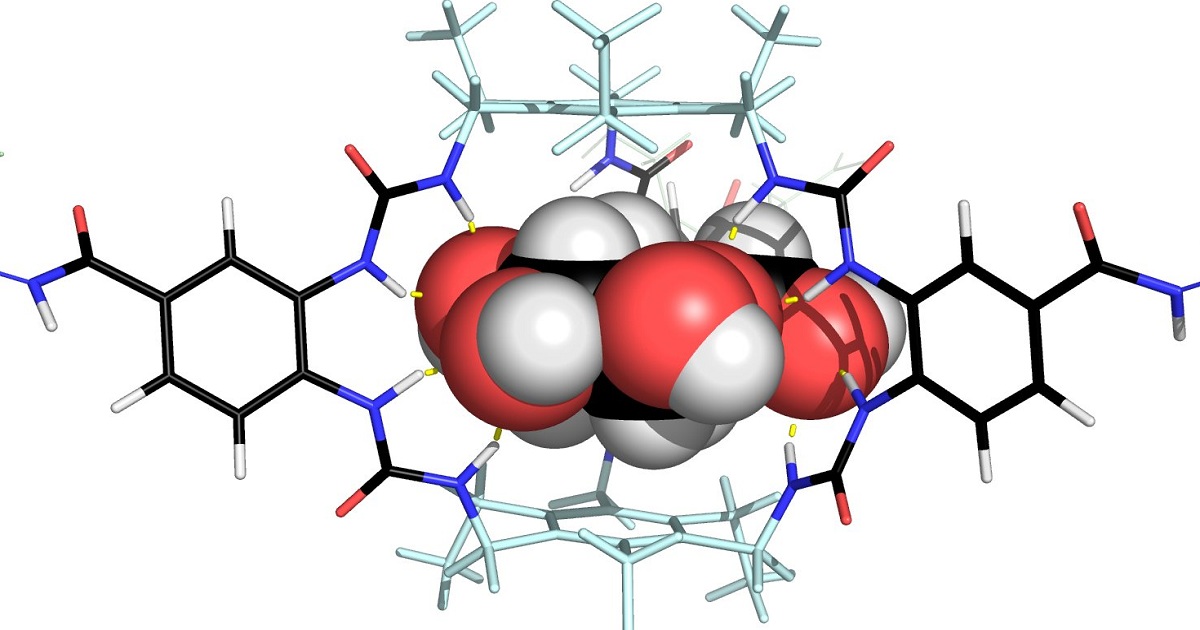Glucose binding molecule could transform the treatment of diabetes
Phys.org | November 19, 2018

Scientists from the University of Bristol have designed a new synthetic glucose binding molecule platform that brings us one step closer to the development of the world's first glucose-responsive insulin which, say, researchers, will transform the treatment of diabetes. The World Health Organization estimate that over 382 million people worldwide, including 4.05 million people in the UK, have diabetes—a metabolic disorder affecting blood sugar levels. Everyone with Type 1 diabetes and some people with Type 2 diabetes needs to take insulin, either by injection or a pump, to control their blood glucose levels.
The team from the University's School of Chemistry, led by Professor Anthony Davis, in conjunction with spin-out company Ziylo, have developed an innovative technology platform, which could be a key component to enable the next generation of insulin, able to react and adapt to glucose levels in the blood. This could eliminate the risk of hypoglycaemia—dangerously low blood sugar levels—leading to better metabolic control for people living with the disease.